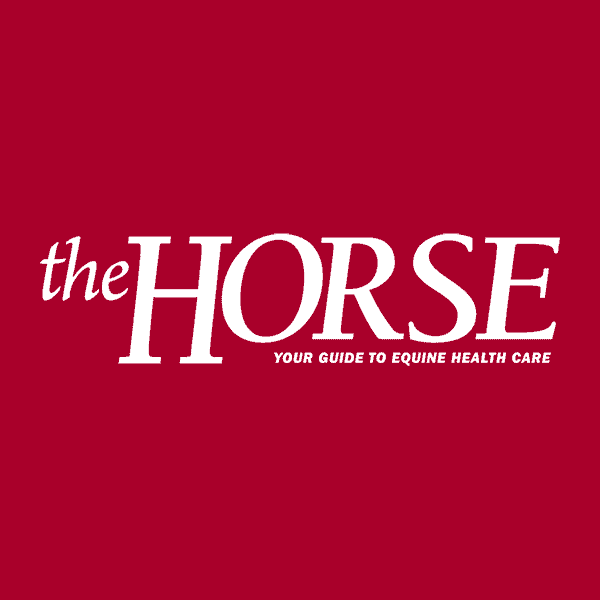EIA Positive Horses Detected In Florida
Five horses located west of New Smyrna Beach, Fla., have tested positive for equine infectious anemia, an infectious disease that can be fatal. All five horses which tested positive for EIA antibodies came from a single premise (farm) that house
Five horses located west of New Smyrna Beach, Fla., have tested positive for equine infectious anemia, an infectious disease that can be fatal. All five horses which tested positive for EIA antibodies came from a single premise (farm) that housed a total of eight horses. Two of the horses which tested positive exhibited clinical signs of the disease including loss of energy and lethargy, which is the reason a veterinarian initially was called to the scene. The three others that tested positive were showing no visible signs of the disease and are suspected to be subclinical or inapparent carriers of EIA, according to William Jetter, DVM, assistant bureau chief of the Division of Animal Disease Control for Florida’s Department of Agriculture.
The two horses with clinical symptoms of EIA were euthanized within 24 hours of testing positive. The remaining three positive horses were removed from the index farm and taken to a facility designed specifically for EIA-positive horses to avoid further spread of the disease.
A total of 36 horses on nearby farms which might have had direct contact with the five infected horses have been tested—all 36 were negative for EIA antibodies. A quarantine was placed on the index farm as well as on nearby farms. The quarantine will be lifted mid-March if all the horses continue to test negative, according to Jetter.
EIA generally is transmitted by mosquitoes. Owners of infected horses either have to euthanize the animal or separate it at least 600 feet from horses that aren’t infected (See The Horse of August 1998 for a feature on EIA. You also can access the article online at www.thehorse.com/0898/eia0898.html
Create a free account with TheHorse.com to view this content.
TheHorse.com is home to thousands of free articles about horse health care. In order to access some of our exclusive free content, you must be signed into TheHorse.com.
Start your free account today!
Already have an account?
and continue reading.

Written by:
The Horse Staff
Related Articles
Stay on top of the most recent Horse Health news with















